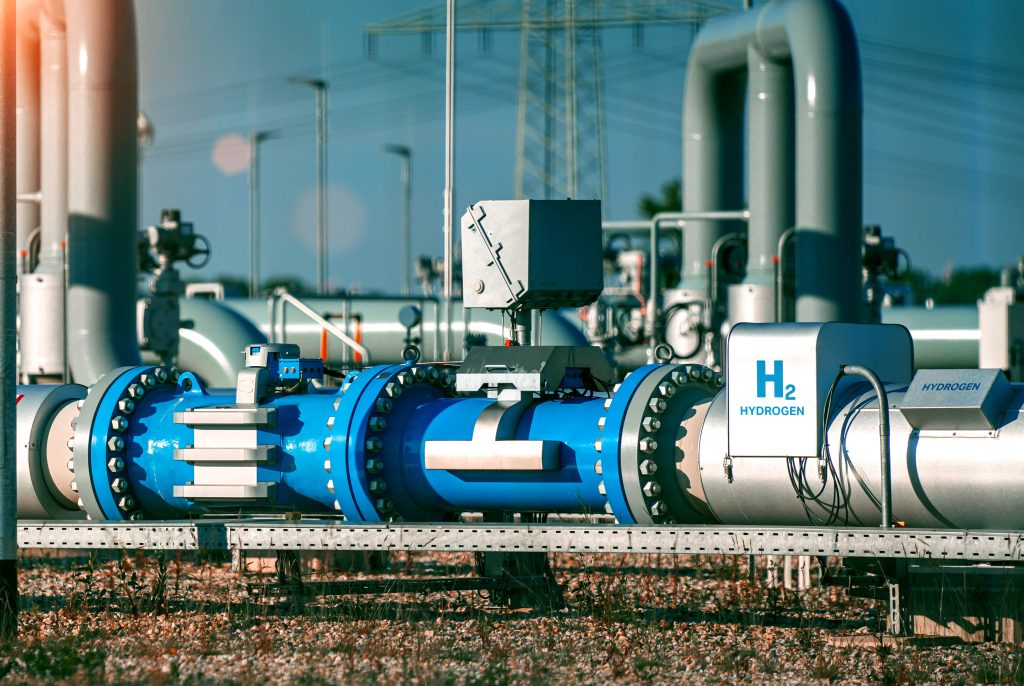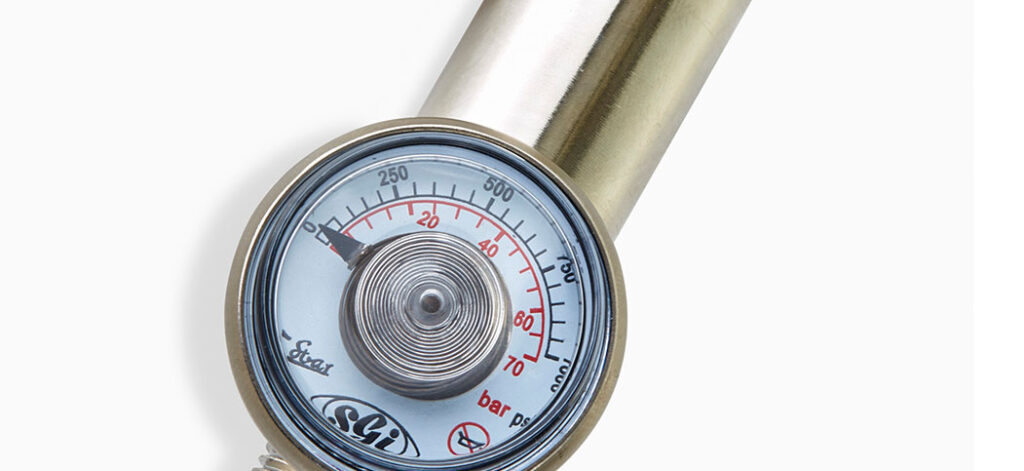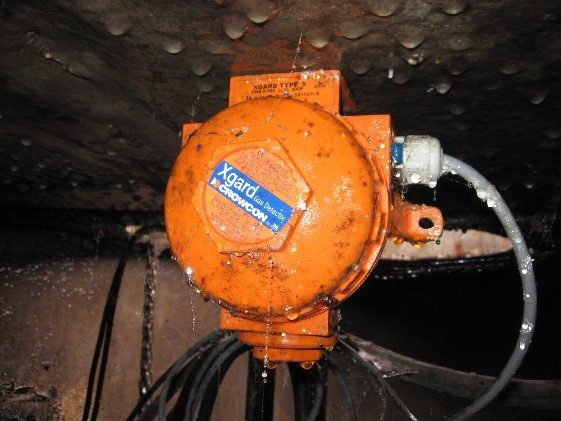Het is niet overdreven om te zeggen dat de opkomst van lithium-ionbatterijen een revolutie teweeg heeft gebracht in het energielandschap. Deze compacte krachtpatsers hebben geholpen om onze samenleving minder afhankelijk te maken van fossiele brandstoffen, hebben de opkomst van elektrische voertuigen aangedreven en hebben ons in staat gesteld om hernieuwbare energie op te slaan op een voorheen onmogelijke schaal. Lithium-ion batterijen zijn echter geen volledig risicoloze energiebron en kunnen volatiel zijn. energieopslagsystemen voor batterijen (BESS) die mensen - en hun bezittingen - moeten beschermen tegen gevaar.
De explosieve opkomst van batterijen
Met de opkomst van lithium-ionbatterijen is er een toename van geruchtmakende gevallen van thermische runaway die buitengewone schade veroorzaken door middel van explosieve branden, die onnoemelijke schade toebrengen aan het plaatselijke milieu en torenhoge reparatiekosten met zich meebrengen. De alom bekende risico's van giftige thermische runaway heeft zelfs geleid tot verzet tegen de oprichting van BESS-siteswaardoor het van het grootste belang is dat de energievoorziening van batterijen aantoonbaar veiliger kan worden gemaakt.
Thermische runaway, gekenmerkt door ongecontroleerde warmteontwikkeling en snelle uitval van de batterij, kan leiden tot catastrofale gevolgen zoals brand en explosies. Bovendien kan hitte een thermische runaway in andere accu's veroorzaken, waardoor het falen van één accu kan leiden tot het falen van vele accu's, waardoor de potentiële schadekosten nog hoger worden. Hoewel BESS-verzekeraars zich terdege bewust zijn van een dergelijk risico en bepalingen hebben opgesteld met betrekking tot brand, is de schade al aangericht als er eenmaal brand is uitgebroken. Voorkomen is altijd beter dan genezen, dus als leveranciers en belanghebbenden in de lithium-ion batterij-industrie is het noodzakelijk dat we deze risico's direct aanpakken en prioriteit geven aan veiligheidsmaatregelen om zowel bezittingen als levens te beschermen.
De noodzaak van vroegtijdige gasdetectie
Gelukkig hebben FM Global en UL, twee van 's werelds grootste testlaboratoria voor openbare veiligheid, het belang erkend van gasdetectie bij het beperken van de risico's die gepaard gaan met de opslag van lithium-ionbatterijen. Hun documentatie en normen dienen als bewijs voor de kritieke rol die vroegtijdige gasdetectie speelt bij het waarborgen van de veiligheid en betrouwbaarheid van energieopslagsystemen. Door zich aan deze richtlijnen te houden en uitgebreide gasdetectiestrategieën te implementeren, kunnen leveranciers hun veiligheidsprotocollen versterken en vertrouwen wekken in hun producten.
Een van de belangrijkste indicatoren van een dreigende thermische runaway is de uitgassing van de verbindingen in de batterij. Als de interne componenten degraderen of worden blootgesteld aan extreme omstandigheden, ontstaan gassen zoals kooldioxide, koolmonoxideen waterstof kunnen vrijkomen, evenals andere brandbare gassen ethyleen en propyleen. Het vroegtijdig detecteren van deze gassen is van cruciaal belang, omdat het de mogelijkheid biedt om in te grijpen voordat de situatie verder escaleert, waardoor potentiële rampen kunnen worden voorkomen. Het is echter van cruciaal belang dat uw gasdetectiesysteem de grote verscheidenheid aan giftige en brandbare gassen nauwkeurig kan herkennen zonder vergiftigd te raken. Als het niet nauwkeurig is, is het gewoon niet effectief en brengt u uw mensen en eigendommen in gevaar.
Geavanceerde gasdetectie
Hoewel het belang van brandveiligheid en onderdrukkingssystemen bij het beperken van de risico's van lithium-ion batterijbranden goed gedocumenteerd is, wordt het belang van gasdetectiesystemen vaak over het hoofd gezien. In tegenstelling tot branden, die vaak zichtbaar zijn en rook produceren, kunnen gasemissies onopgemerkt blijven tot het te laat is. Dit gebrek aan bewustzijn onderstreept de behoefte aan robuuste oplossingen voor gasdetectie als aanvulling op bestaande veiligheidsprotocollen.
De gepatenteerde MPS™-technologie van Crowcon is speciaal ontworpen om de leemte op te vullen die door andere gassensoren wordt achtergelaten en biedt een betrouwbare en effectieve oplossing voor het detecteren van gasemissies in de vroegste stadia van batterijstoringen. De MPS-sensor maakt gebruik van geavanceerde micropellistortechnologie om een breed scala aan gassen te detecteren met een ongeëvenaarde gevoeligheid en nauwkeurigheid. Hij is in staat om gassen in extreem lage concentraties te detecteren, waardoor vroegtijdig ingrijpen en voorkomen van thermische runaway mogelijk wordt. Bovendien maken het compacte ontwerp en de gemakkelijke integratie deze sensor tot een ideale keuze voor zowel nieuwe installaties als het achteraf inbouwen van bestaande systemen. Met de MPS-sensor van Crowcon kunnen leveranciers proactief gasemissies bewaken en onmiddellijk actie ondernemen om risico's te beperken, zodat de veiligheid en integriteit van hun lithium-ion batterijopslagoplossingen wordt gewaarborgd.
Een toekomst op batterijen waarborgen
Het belang van vroegtijdige gasdetectie bij batterijopslag kan niet genoeg worden benadrukt. Niet alleen kunnen de kosten van het niet detecteren van de vroege waarschuwingssignalen desastreus zijn voor uw bedrijf, maar als leveranciers en belanghebbenden in de energie-industrie is het onze collectieve verantwoordelijkheid om prioriteit te geven aan veiligheid en robuuste maatregelen te implementeren om risico's te beperken. De enige manier om dit te doen is door middel van een innovatieve en rigoureuze aanpak van gasdetectie. Door te investeren in geavanceerde gasdetectietechnologieën beschermt u niet alleen uw bedrijfsmiddelen, maar ook de toekomst van energieopslag en helpt u de weg vrij te maken voor een duurzamere toekomst.
Neem contact op met het Crowcon team vandaag nog voor meer informatie over hoe hun innovatieve oplossingen de veiligheid en betrouwbaarheid van uw batterijopslagsystemen kunnen verbeteren. Laten we samen bouwen aan een betere en veiligere toekomst op basis van batterijen.
INZICHTEN IN DE INDUSTRIE
Abonneer je en ontvang de nieuwste inzichten
IN je inbox
Lees meer over Crowcon 's Privacy- en cookiebeleid hier. Als je van gedachten verandert, kun je je op elk moment uitschrijven






